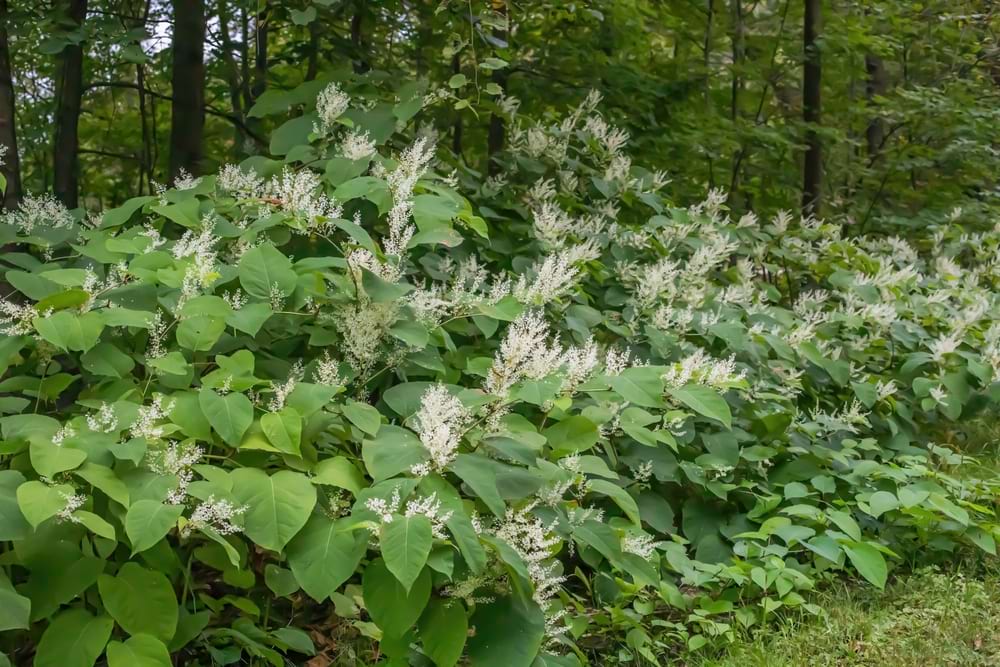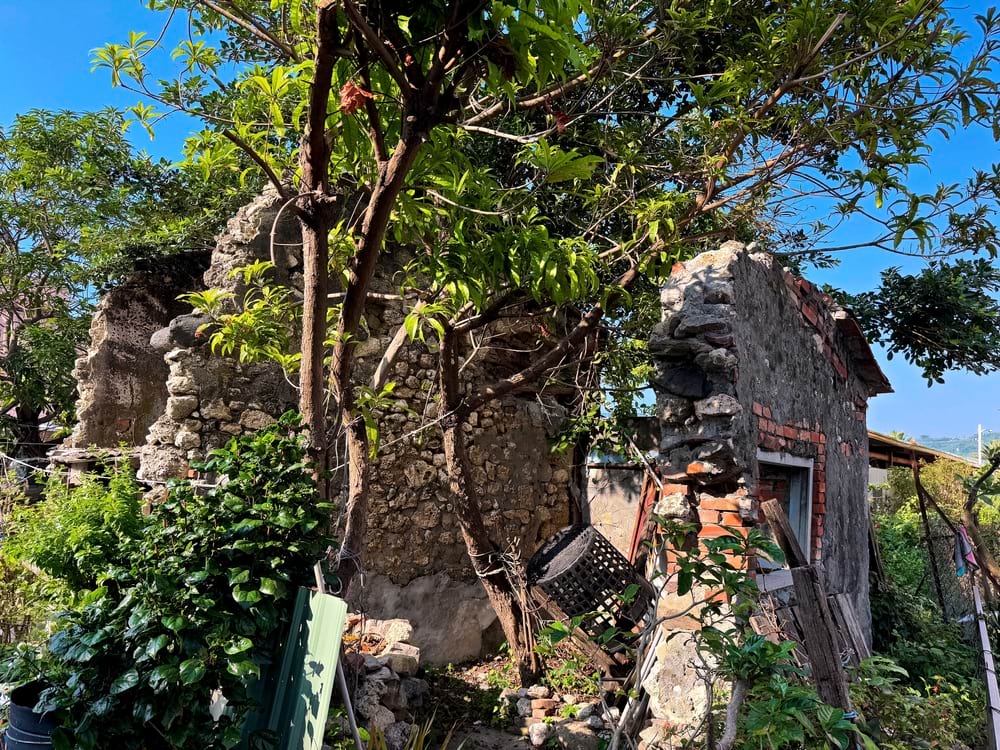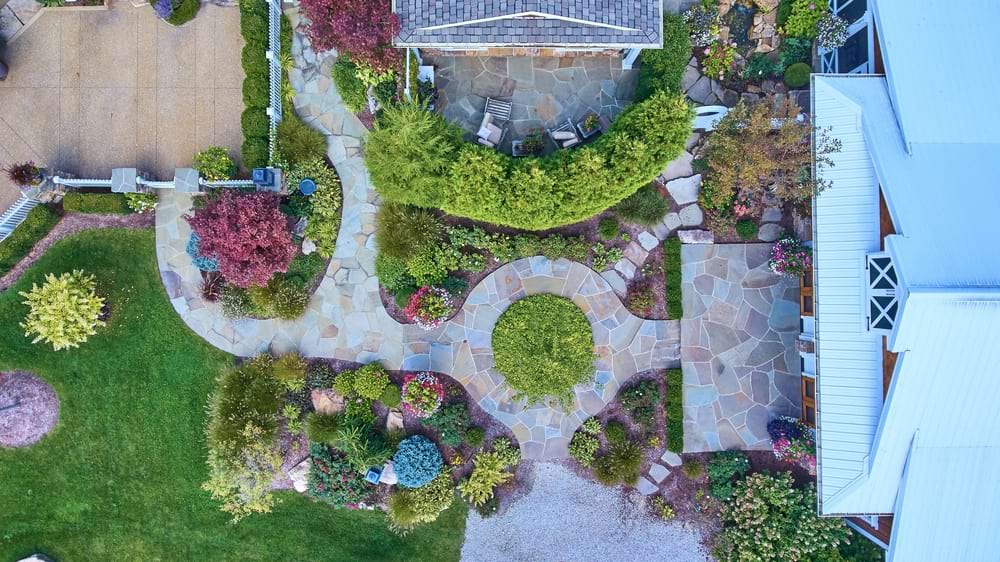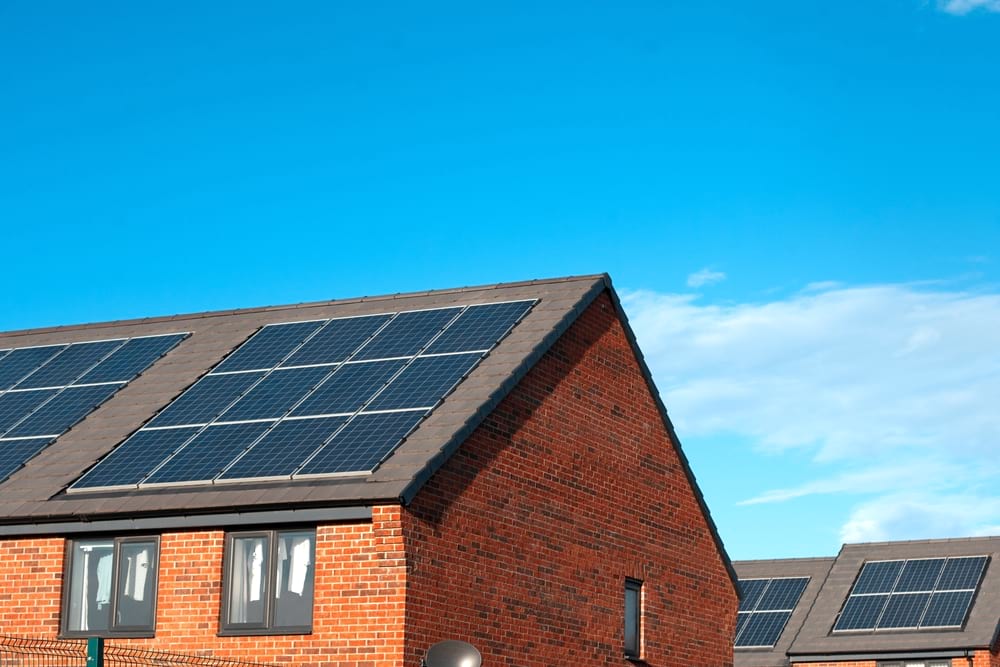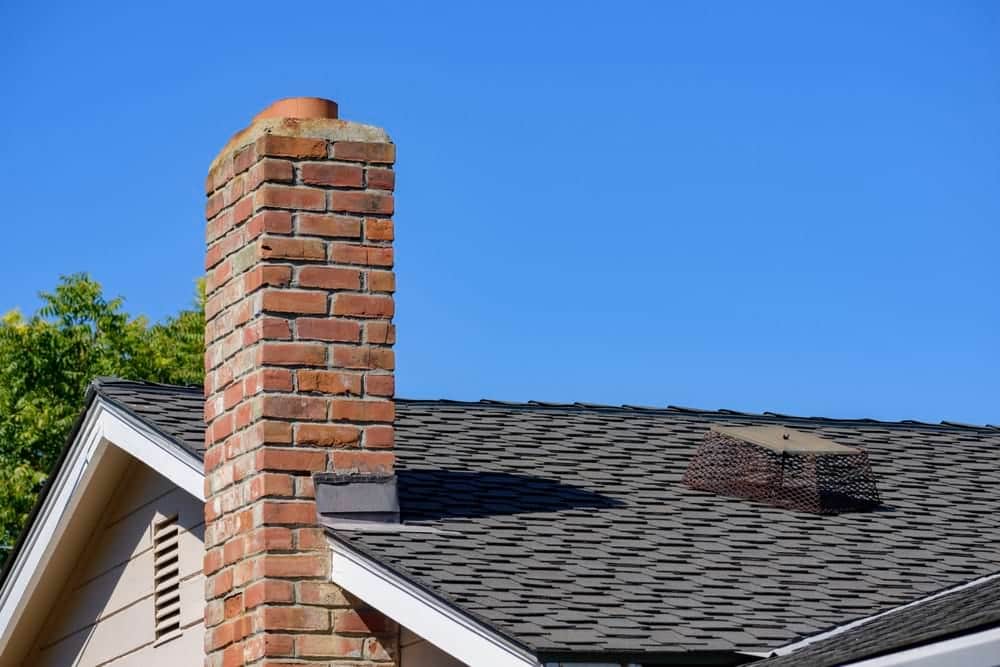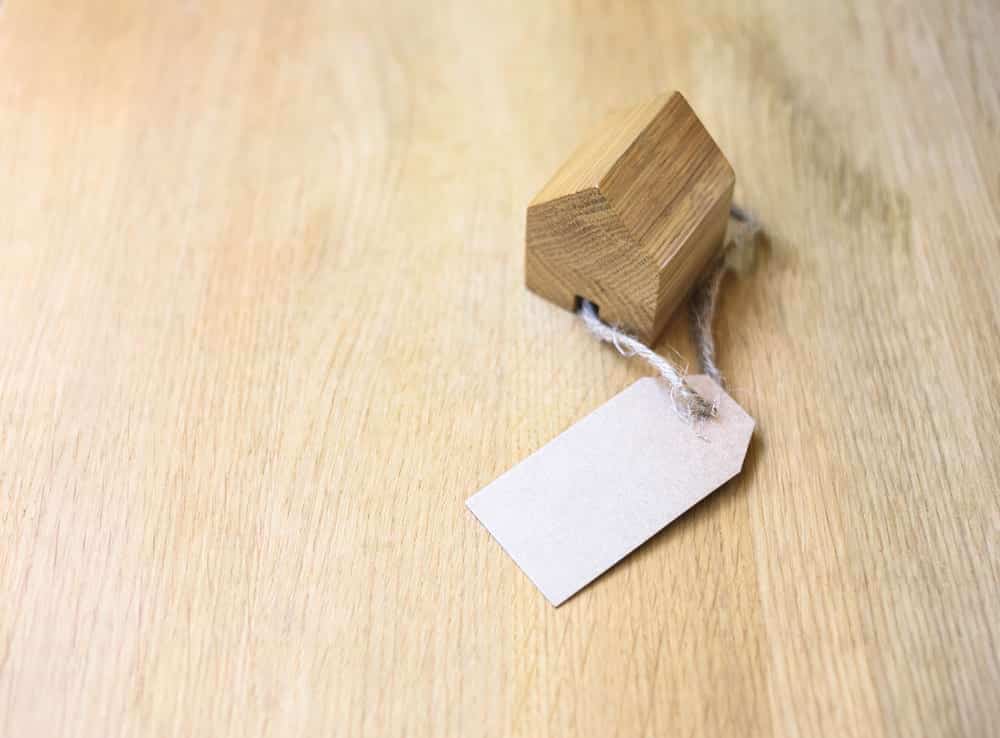Invasive species can present a major headache for homeowners in the United Kingdom.
Japanese knotweed is one of the most well-known examples.
It’s something homeowners must disclose when selling a property.
It’s not something that only affects gardens. It’s a big issue for houses.
So, whether you’re selling or buying, you should understand what it is, how to identify it and what to do about it.
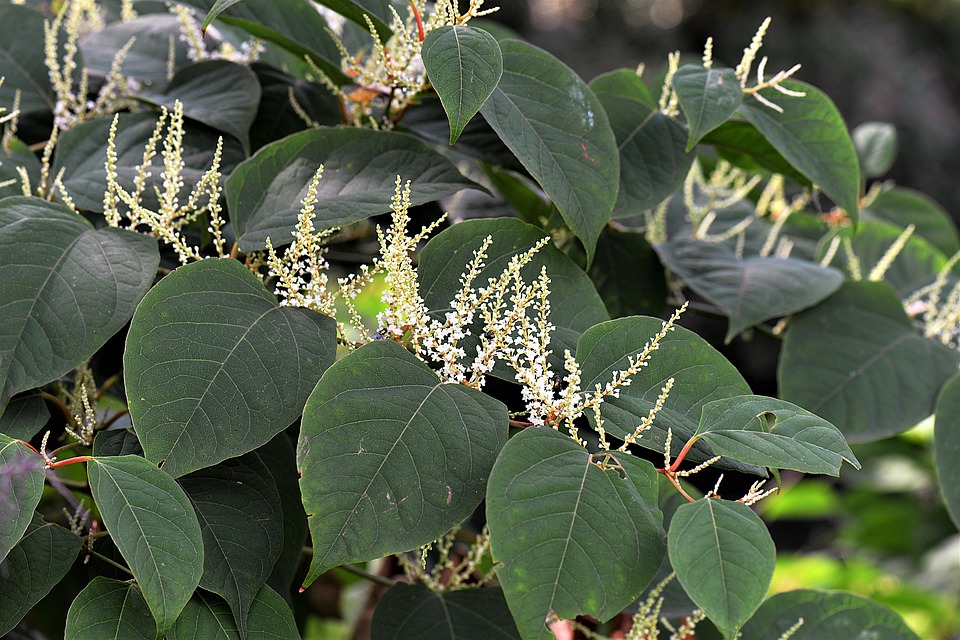
What is Japanese knotweed?
Japanese knotweed (sometimes known as Asian knotweed) is an invasive plant species native to East Asia.
It’s found all over the United Kingdom, where it can be very problematic for property owners.
Buyers, renters and mortgage lenders are often reluctant to get involved with a property with Japanese knotweed.
The destructiveness of Japanese knotweed
It can grow up to 10cm a day and pass through concrete, asphalt and other materials. It can grow to a height of 243cm (8ft) in a single summer.
Its roots (rhizomes) are strong and extensive and can lie dormant for up to 20 years. They take resources from surrounding plant life and its towering stems block sunlight from them.
In East Asia, native insects, fungi, and competing flora keep it in check within the ecosystem.
However, these forces don’t exist in the UK, which enables it to grow and spread faster.
What problems does Japanese Knotweed cause?
Japanese knotweed can damage:
- Foundations and structures of buildings
- Walls and fences
- Paved areas
- Underground pipes and wires
- Garden features and ecology.
How Japanese knotweed came to the UK
Japanese knotweed first arrived in the UK in 1850.
A package of 40 plants was sent to Kew Gardens by the German botanist Philipp Franz von Siebold (1796 – 1866).
It was made available to the public and quickly spread across the United Kingdom.
It was initially liked for its ability to produce flowers, feed cattle, and more. The famous gardener William Robinson (1838 – 1936) described it as “handsome in rough places in the wild garden.”
However, by the 1920s, its popularity had gone as people became familiar with its adverse effects.
What does Japanese knotweed look like?
Japanese knotweed has the following features:
- Its flowers are creamy-white
- Its leaves are heart or pear-shaped
- Its stems have zigzag patterns and often grow to 2 – 3 metres tall
- Its roots are orange-tinged.
Several plants look similar to Japanese knotweed. So it’s worth hiring a professional to confirm its presence.
How common is Japanese Knotweed in the UK?
There are various estimates on this subject. One expert organisation argues that 5% of homes in the UK are affected by Japanese knotweed.
Others suggest that the number is smaller, at around 2% of residential homes.
Nonetheless, these figures are high enough to check whether you fall within this bracket.
How to get rid of Japanese Knotweed
You can be prosecuted in the UK if you allow Japanese knotweed to spread into the wild.
So, if your property has it, you must act.
Experts and regulation
You should hire an expert because it’s a complicated process. The only exception is if you have the skills and experience to do it yourself.
For instance, keep in mind that complicated ‘red tape’ may apply to your situation, such as:
- Getting a certificate of competence for herbicide use
- Carrying out an official assessment
- Applying for permission – if the area is protected, or the plants are near water.
Can I get rid of Japanese knotweed myself?
You should not try to get rid of Japanese knotweed unless you have the relevant expertise and experience.
If you don’t, you’re more likely to make a mistake, and cause it to spread into the wild. This is against the law in the United Kingdom.
Always hire an expert unless you are a trained professional yourself.
Chemical attacks
Step one usually involves spraying the stems with chemicals. It’s crucial that you only use approved herbicides to do this.
You can find more information on the UK government website or speak to a consultant.
One spray is not enough. You need to do this regularly over a sustained period. It often takes around 3 years to get rid of Japanese knotweed altogether.
Burn or bury
You’ll need to dispose of the Japanese knotweed at the end of this process.
Burying it or burning it are two possible solutions. Speak to an expert for more.
Can I get a mortgage on a house with Japanese knotweed?
Getting a mortgage on a house with Japanese knotweed is very difficult.
But it is technically possible.
You’ll need to follow several steps to get a mortgage. This involves paying for an expert assessment.
This should involve a description of the situation and a clear management plan for how you’ll get rid of it.
If you get all this done, some lenders may be willing to offer you a mortgage.
However, they could feel better if they take precautions in other ways, such as a higher interest rate or collateral.
How much does Japanese knotweed affect house value?
Japanese knotweed can significantly reduce your property’s value by 10 – 20%.
How much it reduces it depends on the extent of its growth and damage.
A 20% reduction in value is typical when the problem is terrible and you haven’t taken steps to mitigate it.
You often can’t get a mortgage on your house in this situation. This means that a cash buyer will be needed.
If you are in the process of removing it, and the problem isn’t pervasive and hasn’t caused damage, a reduction of around 10% or 15% is typical.
How much does it cost to get rid of Japanese knotweed?
Getting rid of Japanese knotweed in the UK usually costs a couple of thousand pounds.
About £2,000 is typical when you hire a qualified, experienced expert.
If you find it, it’s your legal obligation to deal with Japanese knotweed. And this expense for removing it is often a wise investment.
Since a management plan will improve the value of your property when you sell.
Do I need to report Japanese Knotweed if I find it?
You are not required to report Japanese knotweed. But you are required to stop it from spreading into the wild.
If you keep it contained on your property and don’t let it spread elsewhere, you aren’t forced to report it.
But it’s strongly recommended you get expert guidance.
When selling your property, you must tell potential buyers if your house has Japanese knotweed.
